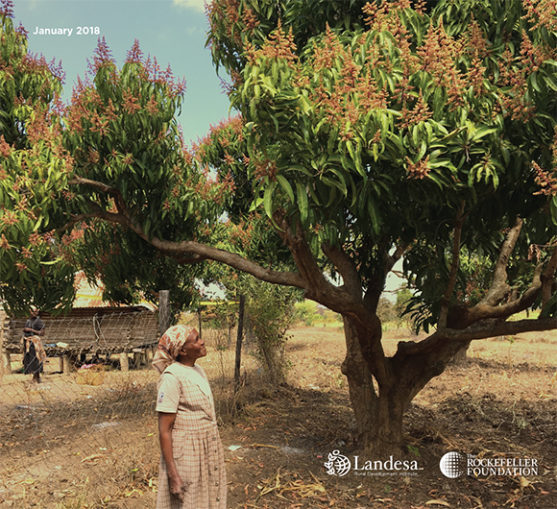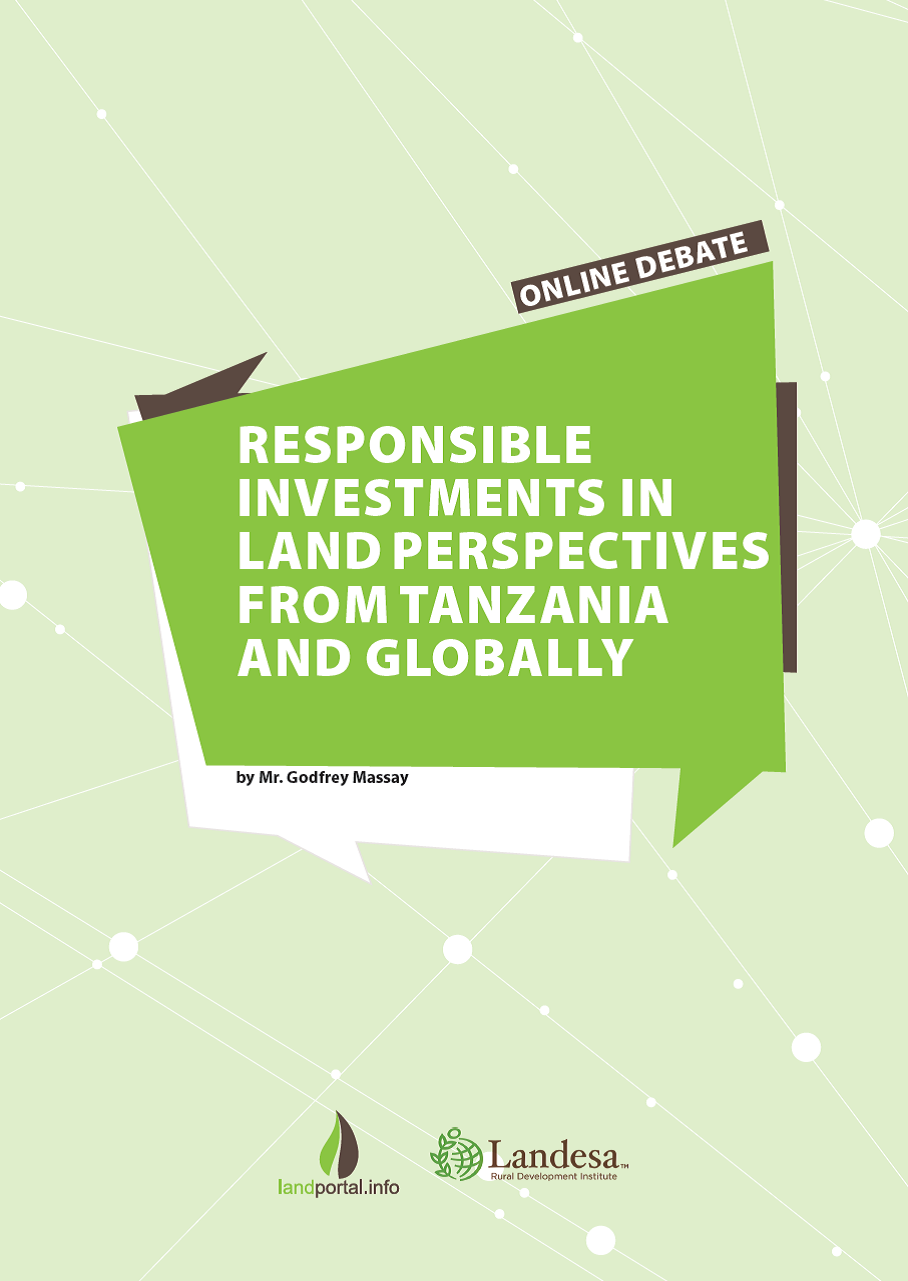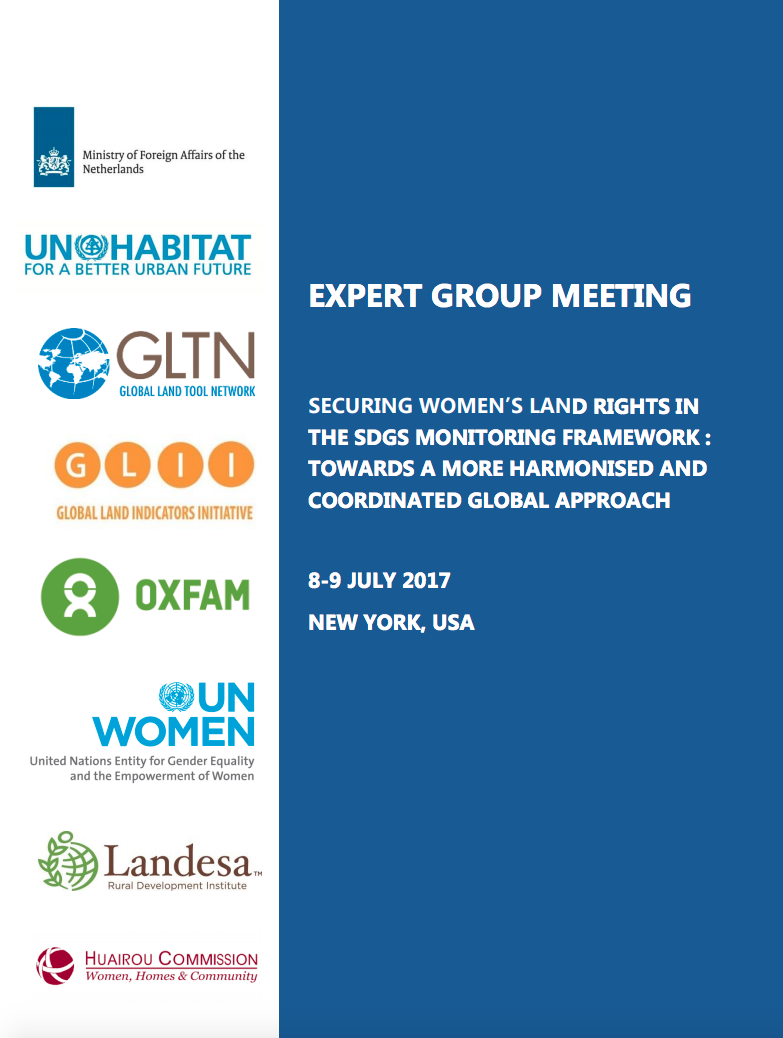About Landesa
Landesa partners with governments and local organizations to ensure that the world’s poorest families have secure rights over the land they till. Founded as the Rural Development Institute, Landesa has helped more than 105 million poor families gain legal control over their land since 1967. When families have secure rights to land, they can invest in their land to sustainably increase their harvests and reap the benefits—improved nutrition, health, and education—for generations.
Resources
Displaying 51 - 55 of 107Land rights as a critical factor in donor agricultural investments: Constraints and opportunities for yieldwise in Kenya's mango value chain
This study provides a case study of the mango value chain in Kenya and seeks to better understand key linkages between land rights and project outcomes. It explores (1) whether and how land rights for Kenya’s mango farmers affect project uptake and success; and (2) what (if any) are this project’s unintended consequences on land tenure in implementation areas.
Responsible Investments in Land Perspectives from Tanzania and Globally
Landesa (strengthening land rights for the world’s poorest people) and Land Portal co‑facilitated the online dialogue on “Responsible investments in land: perspective from Tanzania and globally” from June 5 -16, 2017.
For details on the dialogue follow this link.
Expert Group Meeting: Securing Women's Land Rights In The SDGs Monitoring Framework
This Expert Group Meeting (EGM1 ) was convened with the purpose of examining land indicators in the Sustainable Development Goals (SDGs) and promoting meaningful and harmonised approaches to monitoring women’s land rights (WLR)2 . It was convened by the Global Land Indicators Initiative (GLII) of the GLTN, UN Habitat, and Oxfam with inputs and assistance from Landesa, UN Women and Huairou Commission as part of a process of work on the development of methodologies for the land related SDG indicator monitoring.
Key Messages and Recommendations for the Expert Group Meeting on Women's Land Rights
We are a diverse group, women and men, from all regions of the world who came together in this EGM convened by Global Land Indicators Initiative, UN Habitat, Oxfam, Landesa, Huairou Commission and UN Women. We are from governments including national statistical organizations and land agencies, multi-lateral agencies, civil society organizations, including women’s organizations and groups that met on July 8 – 9, 2017 to discuss women’s land rights in the context of the SDGs.









